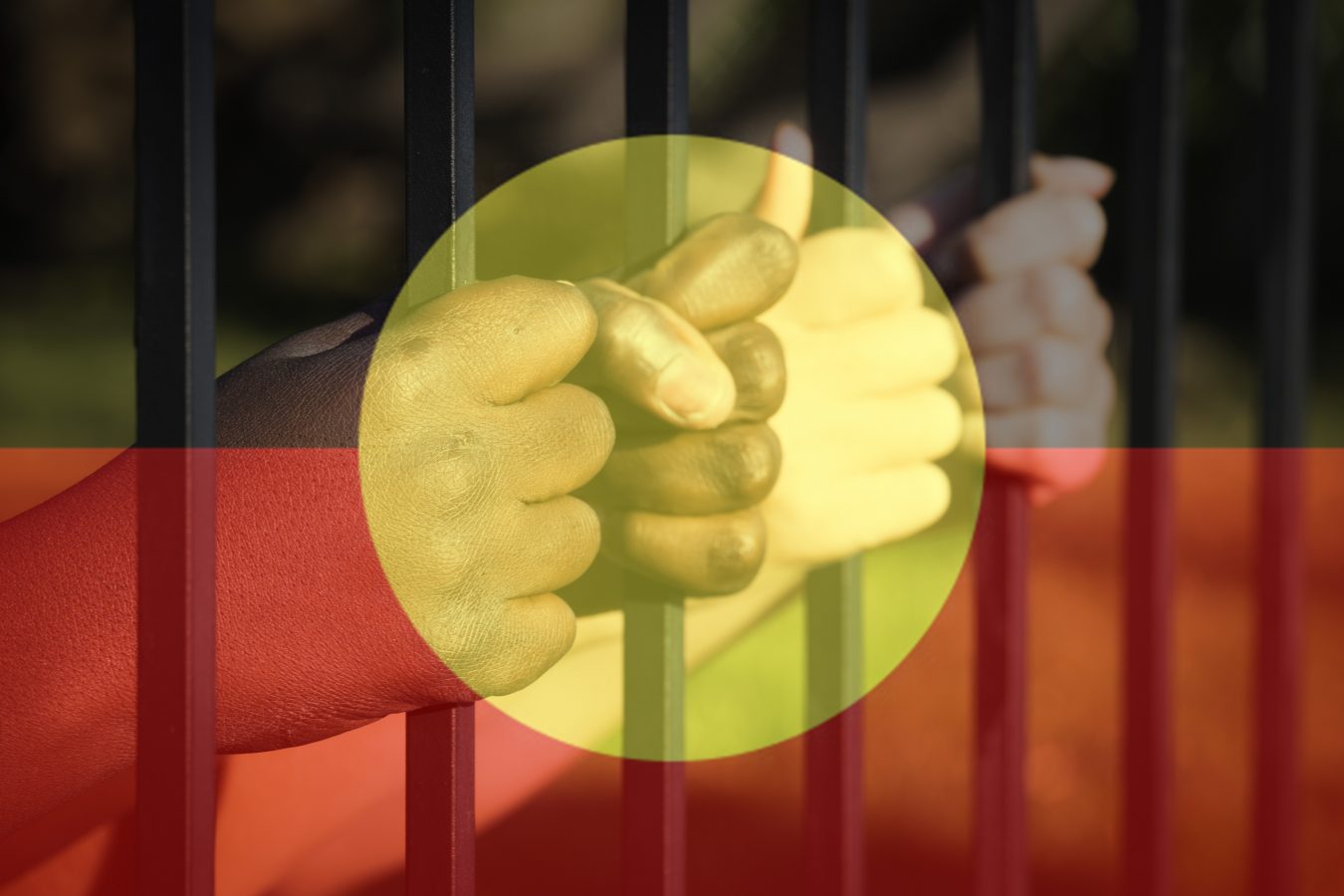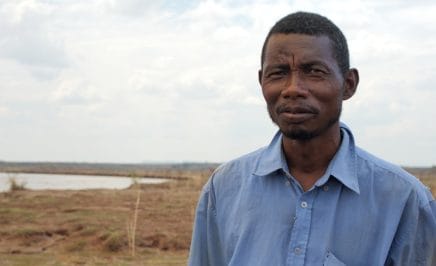Amnesty International Australia holds serious concerns over the NSW Government’s proposal to tighten youth bail laws, which will disproportionately affect First Nations youth. Amnesty International Australia urges the NSW Government to shift its focus towards establishing and funding justice reinvestment initiatives and diversionary programs which will act as a circuit breaker to keep youth out of detention and contribute to keeping members of the community safe.
The proposed changes to bail laws will escalate the use of punitive measures against young people. Evidence from programs running across the state including places like Cowra and Bourke shows that diversionary initiatives see young people turn their lives around and remain out of the criminal justice system. Punitive, criminalising responses to youth crime only exacerbates the systemic issues crucial for youth crime prevention while inflicting further harm upon young people.
With National Close the Gap Day approaching on March 21, Amnesty International Australia urges the NSW government to direct its focus towards Target 11, aimed at reducing the rate of Aboriginal and Torres Strait Islander young people (10-17 years) in detention by at least 30 percent. Tightening bail laws is anticipated to detrimentally impact the incarceration rates of First Nations children, consequently undermining the Closing the Gap outcomes.
“The NSW Government says ‘the current status quo is not working for young people who are reoffending and being caught up in this cycle’, but boosting funding for punitive measures such as increased police numbers and judicial resources is just more of the same.”
Instead of bolstering the resources to continue the status quo, the NSW government must listen to Elders and experts in human rights and youth justice who continue to call for substantial and ongoing funding for justice reinvestment and Aboriginal-led youth diversion programs.
Rachael McPhail, Indigenous Rights Campaigner
Kacey Teerman, Indigenous Rights Campaigner, says, “Crime rates in regional NSW are higher than those in metro areas precisely because Regional NSW lacks access to many necessary services, particularly diversionary programs that the government knows reduces crime and have better outcomes for everyone.”
Punitive measures like the ones proposed by the NSW Government do not reduce crime. Locking up children, a quarter of the population of those in detention stuck in remand, can cost approximately 1 million dollars a year. This is a huge expense without proven results.
Kacey Teerman, Indigenous Rights Campaigner
“The NSW Government should follow the lead of the Federal Government and substantially increase funding for justice reinvestment, specifically First Nations and community led diversion programs that have better outcomes for the children and the community.”
The Federal government has committed $81.5 million towards justice reinvestment initiatives over the next four years. Amnesty International Australia urges Premier Chris Minns to listen to experts, create policy based on evidence and to follow the Federal government’s lead by adequately investing in diversionary programs for young people.









